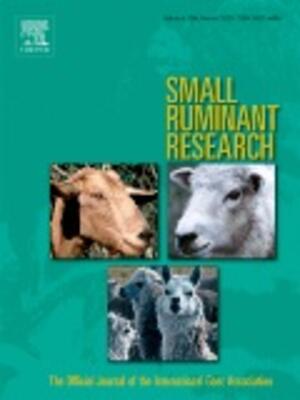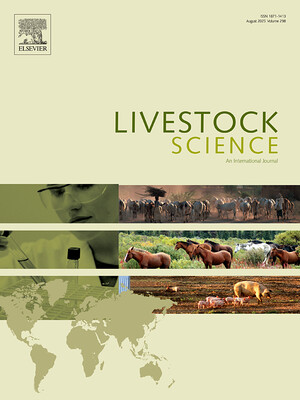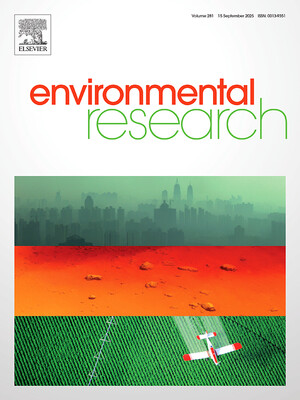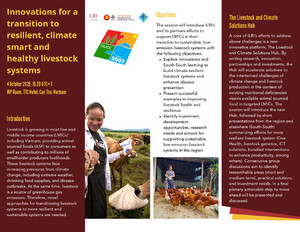
Genomic tools accelerating the selection and deployment of best-bet forage genebank collections to farmers: Feed and Forage Development Research
Abstract
The ILRI Genebank houses a vast forage genetic pool that can be leveraged to address feed shortages and enhance farmers' resilience to climate change. However, traditional methods of forage characterization and screening from large collections have been expensive and time-consuming, often requiring several years to identify the best-suited forages for various purposes and contexts. To overcome this challenge, the Feed and Forage Development (FFD) forage diversity research team has developed and applied genomic tools to accelerate the selection of optimal forage accessions and expedite the deployment of genebank materials for broader use by farmers. By utilizing DNA markers, the research team identified core collections of forage species, including cowpea, lablab, Sesbania sesban, Rhodes grass, oats, Urochloa spp., buffel grass, and Napier grass. These core collections are smaller, more manageable subsets that represent the genetic diversity of the extensive genebank holdings. Consequently, candidate best-bet varieties were rigorously identified and prepared for national variety verification trials. The Ethiopian Institute of Agricultural Research (EIAR) has shown strong interest in these outcomes and successfully led the implementation of national variety trials for the selected forages. Currently, EIAR is evaluating the performance of the promising subsets to submit applications for the registration of new forage varieties in Ethiopia. This milestone provides livestock keepers with new forage options, improving feed supply, livestock productivity, and livelihoods.
Citation
Muktar, M.S., Negawo, A.T., Habte, E., Teshome, A., Dejene, M., Mohammed, K., Feyissa, F., Bezabih, M. and Jones, C.S. 2024. Genomic tools accelerating the selection and deployment of best-bet forage genebank collections to farmers: Feed and Forage Development Research. Outcome Series. Nairobi, Kenya: ILRI.










